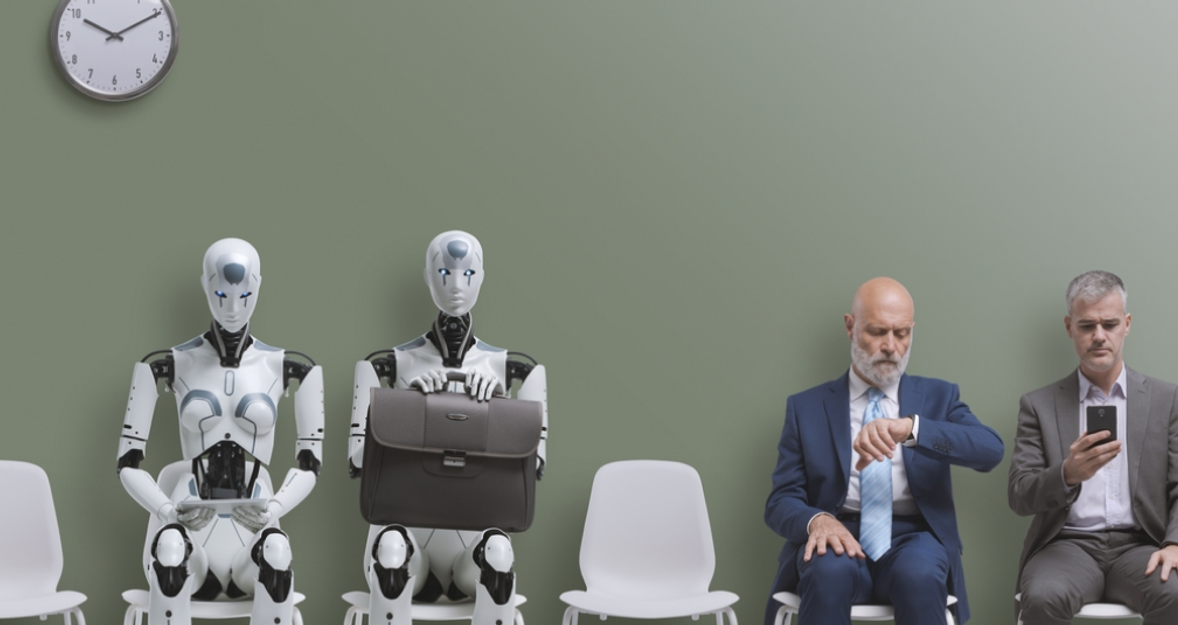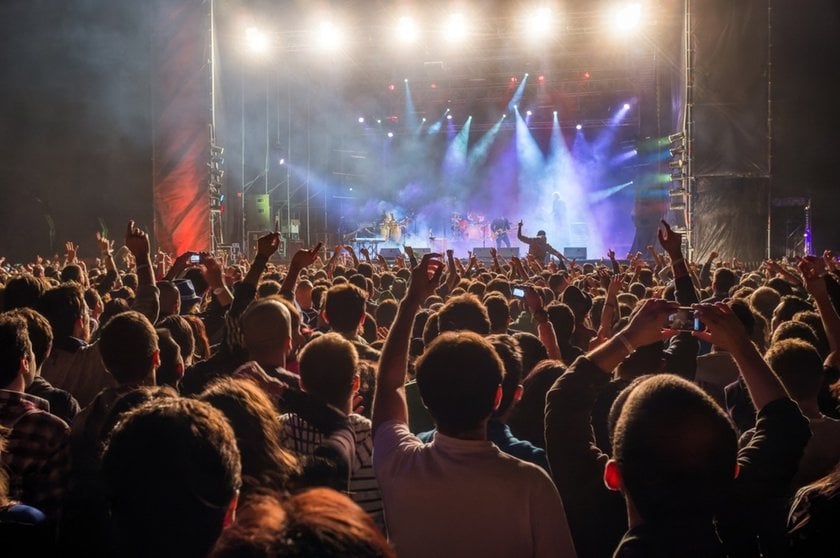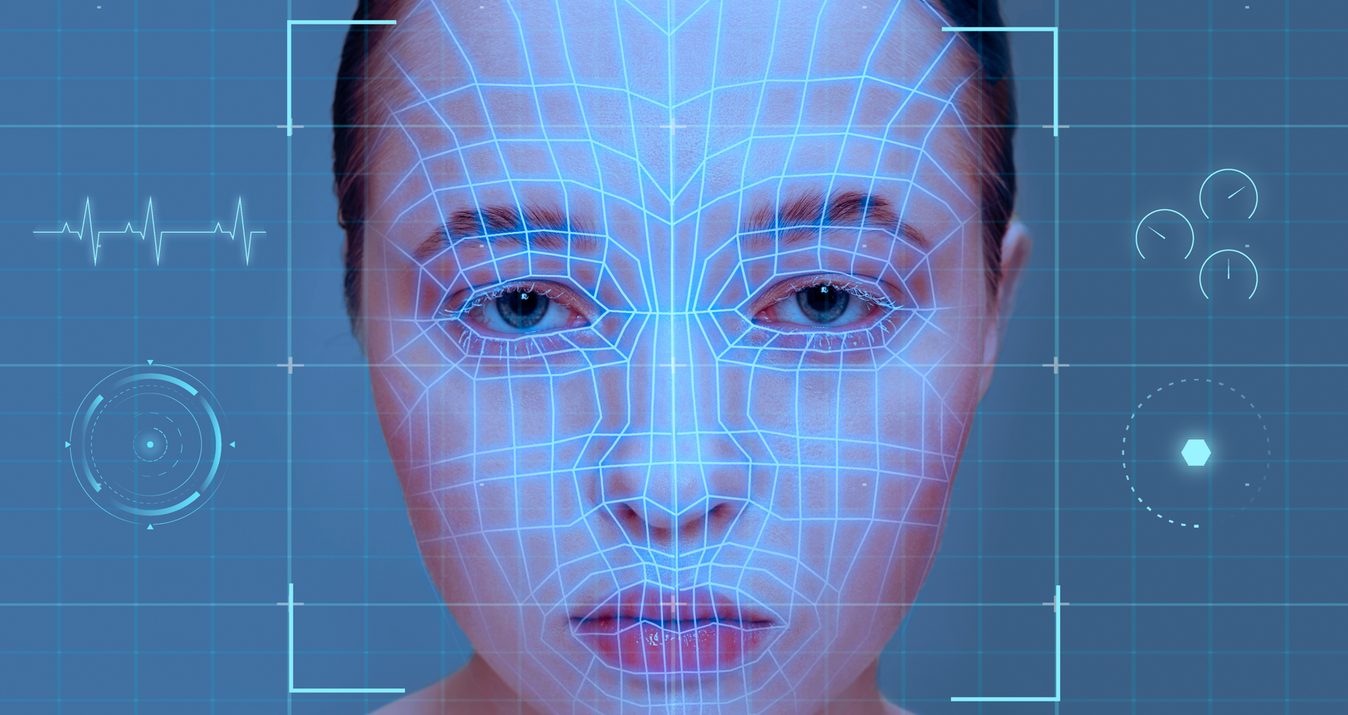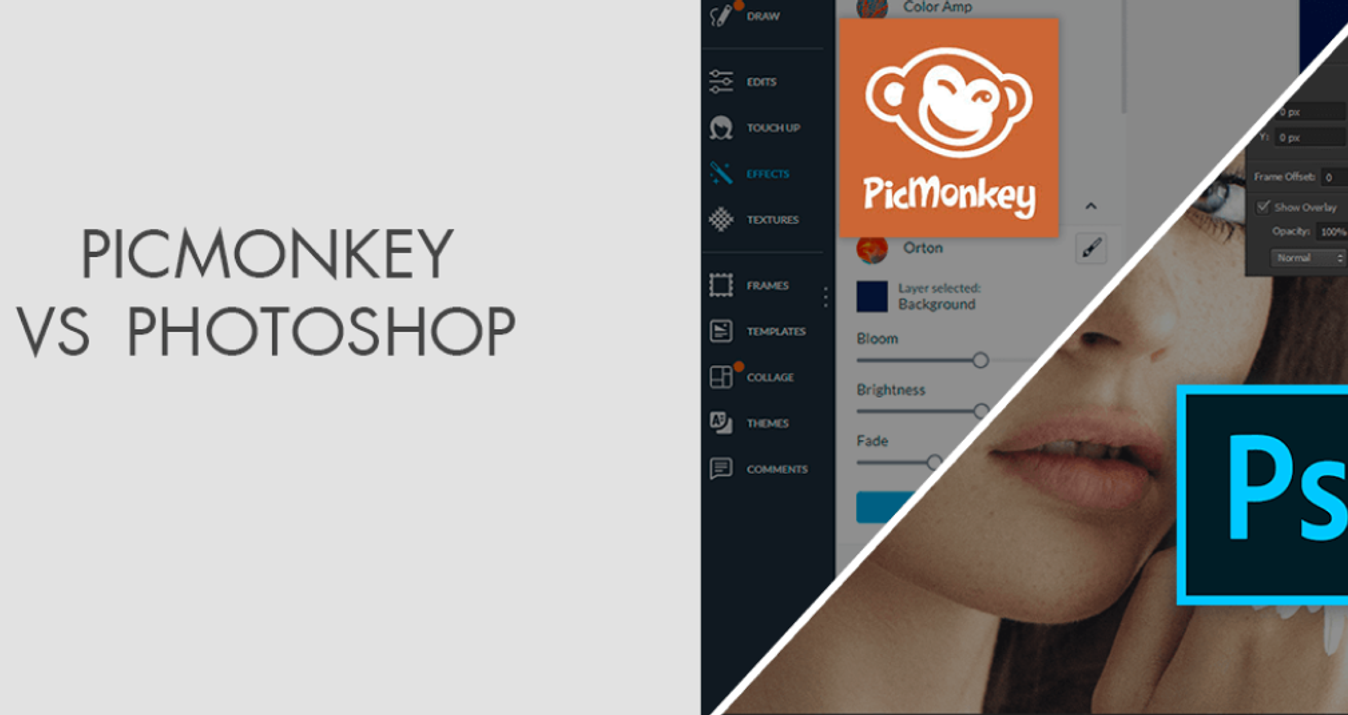AI Taking Over Jobs: What Professions it Might Replace
September 02, 2025

Explore how AI can take over jobs, which roles are most at risk, and which careers are likely to remain safe in the future.
It’s an ever-increasing worry among graduate students and seasoned workers alike, wondering if their jobs will be safe from AI in the near future. Thousands of jobs have already been lost due to AI being more efficient and cheaper than a human worker. This is the reality the modern job market is facing, with the World Economic Forum reporting that AI could displace millions of workers but also create 170 million new jobs by 2030.
ChatGPT is one of the most popular AI tools used by the general public, but beyond that is a vast range of industry-specific tools designed to deliver days, weeks or even months’ worth of work with just a few queries. With AI programmes that can build apps, analyse data and even diagnose diseases, it seems no industry is completely safe.
However, is this all just fearmongering by the media, amplifying concerns? Some argue that AI will not take all our jobs, but rather reshape them, with the technology becoming a tool to increase workflow and productivity.
Regardless of these claims, jobs are being replaced by artificial intelligence, and people are losing work. In this article, we break down ten of the most common industries facing this impact, alongside ten jobs that are expected to remain safe for years to come.
Jobs Most Likely to Be Replaced by AI: Top 10
The question “Will AI replace jobs?” is becoming more urgent as technology advances. While AI is unlikely to eliminate every role, certain professions are highly vulnerable to automation. Here are the top 10 jobs most at risk:
1. Data Entry Clerk
 This job has been in the spotlight recently, with SAP CEO Christian Klein predicting data entry jobs could disappear as early as 2027. With plenty of AI tools already available to handle data entry faster and more accurately than humans, it’s a worrying prospect for workers in this field. What once required hours of manual effort can now be done in seconds, with fewer errors and at a fraction of the cost. Companies seeking to reduce costs and expedite workflows are already transitioning to automated systems, rendering this role one of the most vulnerable.
This job has been in the spotlight recently, with SAP CEO Christian Klein predicting data entry jobs could disappear as early as 2027. With plenty of AI tools already available to handle data entry faster and more accurately than humans, it’s a worrying prospect for workers in this field. What once required hours of manual effort can now be done in seconds, with fewer errors and at a fraction of the cost. Companies seeking to reduce costs and expedite workflows are already transitioning to automated systems, rendering this role one of the most vulnerable.
Exclusive Tools of Endless Possibilities in One AI Editor
Explore Now!2. Telemarketers and Customer Service
 Another role frequently reported to be under threat is telemarketing and customer service. While customers often prefer speaking to a real person, emerging AI tools such as Gridspace’s human-sounding voice technology can handle increasingly complex tasks. These systems can manage multiple calls simultaneously, provide consistent answers, and work 24/7 without breaks. This could reduce call-waiting times, or even make them non-existent, potentially increasing customer satisfaction but spelling bad news for human workers who depend on these jobs for income.
Another role frequently reported to be under threat is telemarketing and customer service. While customers often prefer speaking to a real person, emerging AI tools such as Gridspace’s human-sounding voice technology can handle increasingly complex tasks. These systems can manage multiple calls simultaneously, provide consistent answers, and work 24/7 without breaks. This could reduce call-waiting times, or even make them non-existent, potentially increasing customer satisfaction but spelling bad news for human workers who depend on these jobs for income.
3. Photographers (Certain Fields)
-7336.png?q=85&w=840) The rise of AI in photography has transformed the way images are created and edited. Tools offering features such as AI object removal or the ability to replace image elements make editing faster and more accessible, but also reduce the need for certain professional services. Stock photographers, in particular, are feeling the impact, as AI can now generate realistic visuals in seconds. While creative, storytelling-driven photography still relies on human skill, some areas of the industry are increasingly vulnerable to automation.
The rise of AI in photography has transformed the way images are created and edited. Tools offering features such as AI object removal or the ability to replace image elements make editing faster and more accessible, but also reduce the need for certain professional services. Stock photographers, in particular, are feeling the impact, as AI can now generate realistic visuals in seconds. While creative, storytelling-driven photography still relies on human skill, some areas of the industry are increasingly vulnerable to automation.
4. Paralegals
 This role involves assisting attorneys with research, document preparation, and case management, and it’s increasingly at risk. Tools like CoCounsel Legal can double the speed of document reviews and contract drafting, which could make human paralegals less necessary over time. With the legal industry under pressure to cut costs, firms may rely more on AI to do the heavy lifting, leaving only the most complex or sensitive tasks to humans.
This role involves assisting attorneys with research, document preparation, and case management, and it’s increasingly at risk. Tools like CoCounsel Legal can double the speed of document reviews and contract drafting, which could make human paralegals less necessary over time. With the legal industry under pressure to cut costs, firms may rely more on AI to do the heavy lifting, leaving only the most complex or sensitive tasks to humans.
5. Retail Cashiers
 Many will have noticed this change already. Automated checkouts are now common in most supermarkets, allowing customers to scan and pay without assistance. In South Korea, unmanned stores are already topping 10,000 locations and expanding rapidly. These systems don’t just replace cashiers but also reduce staffing needs for entire stores, as AI handles payment, stock monitoring, and even security.
Many will have noticed this change already. Automated checkouts are now common in most supermarkets, allowing customers to scan and pay without assistance. In South Korea, unmanned stores are already topping 10,000 locations and expanding rapidly. These systems don’t just replace cashiers but also reduce staffing needs for entire stores, as AI handles payment, stock monitoring, and even security.
6. Coffee Baristas
 Following the same trend, South Korea has launched robot coffee shops where electro-baristas prepare and serve drinks. While barista work is not commonly seen as at risk, the technology is here and improving. These robots can prepare hundreds of drinks an hour with consistent quality, never tiring or making mistakes. For busy cities, automated cafés offer lower operating costs and faster service, raising concerns that entry-level jobs in hospitality could steadily decline.
Following the same trend, South Korea has launched robot coffee shops where electro-baristas prepare and serve drinks. While barista work is not commonly seen as at risk, the technology is here and improving. These robots can prepare hundreds of drinks an hour with consistent quality, never tiring or making mistakes. For busy cities, automated cafés offer lower operating costs and faster service, raising concerns that entry-level jobs in hospitality could steadily decline.
7. Travel Agents
 A quick search for ‘travel agency shutting down’ returns numerous reports of long-established agencies closing for good. The internet initially unsettled the industry, but AI can now tailor holiday packages to a customer’s preferences with great accuracy. Booking.com’s CEO has claimed AI can find the perfect trip, and despite industry pushback, automation is rising. With AI systems capable of scanning thousands of deals, considering weather, pricing, and customer reviews in seconds, human agents are struggling to prove their unique value.
A quick search for ‘travel agency shutting down’ returns numerous reports of long-established agencies closing for good. The internet initially unsettled the industry, but AI can now tailor holiday packages to a customer’s preferences with great accuracy. Booking.com’s CEO has claimed AI can find the perfect trip, and despite industry pushback, automation is rising. With AI systems capable of scanning thousands of deals, considering weather, pricing, and customer reviews in seconds, human agents are struggling to prove their unique value.
8. Translators
 Translation quality from AI has improved dramatically. The technology can now handle nuance and complex language far better than before. In some cases, translators are even training AI as work becomes scarce. Interpreters may also be at risk, with Microsoft rolling out AI for multilingual meetings. While human translators are still needed for delicate texts like literature or high-stakes legal contracts, most routine work is quickly being absorbed by machines, reducing opportunities in the field.
Translation quality from AI has improved dramatically. The technology can now handle nuance and complex language far better than before. In some cases, translators are even training AI as work becomes scarce. Interpreters may also be at risk, with Microsoft rolling out AI for multilingual meetings. While human translators are still needed for delicate texts like literature or high-stakes legal contracts, most routine work is quickly being absorbed by machines, reducing opportunities in the field.
9. Market Researchers
 Analysing vast amounts of data is time-consuming, but AI-powered market research tools can process and summarise findings quickly. Whether they completely replace traditional researchers or remain an assistive tool is still unclear. Companies are increasingly using AI to identify patterns, predict consumer behavior, and generate insights, often in real time. While humans bring intuition and creativity to the table, much of the repetitive data analysis is already shifting to machines.
Analysing vast amounts of data is time-consuming, but AI-powered market research tools can process and summarise findings quickly. Whether they completely replace traditional researchers or remain an assistive tool is still unclear. Companies are increasingly using AI to identify patterns, predict consumer behavior, and generate insights, often in real time. While humans bring intuition and creativity to the table, much of the repetitive data analysis is already shifting to machines.
10. Healthcare Roles
 AI tools are being developed to enhance diagnosis accuracy, support patients, and assist with treatments. A radiology study found AI boosted productivity by 40%, detecting life-threatening conditions in milliseconds. While some predict full automation, it’s more likely AI will serve as an advanced tool alongside human healthcare workers for now. Doctors and nurses may rely on AI for early detection and routine monitoring, allowing them to focus on complex cases and patient care. Still, the expansion of AI in healthcare raises questions about how many traditional roles will remain unchanged in the coming years.
AI tools are being developed to enhance diagnosis accuracy, support patients, and assist with treatments. A radiology study found AI boosted productivity by 40%, detecting life-threatening conditions in milliseconds. While some predict full automation, it’s more likely AI will serve as an advanced tool alongside human healthcare workers for now. Doctors and nurses may rely on AI for early detection and routine monitoring, allowing them to focus on complex cases and patient care. Still, the expansion of AI in healthcare raises questions about how many traditional roles will remain unchanged in the coming years.
10 Jobs Safe From AI Taking Over (So Far)
Despite headlines about AI taking over jobs, some professions remain secure thanks to human skills that machines cannot replicate. These roles rely on creativity, empathy, and real-world problem solving — qualities that keep them safe from automation for now.
1. Healthcare Workers
 While some parts of the healthcare industry are under threat from AI, more hands-on roles, such as nurses and surgeons, remain safe for now. Skills such as care, judgement, and empathy require a human approach. A machine can analyse scans or track vitals, but holding a patient’s hand during recovery, making split-second decisions in surgery, or understanding subtle cues of pain and distress are uniquely human. These roles depend not only on knowledge but also on trust and compassion, which technology cannot replicate.
While some parts of the healthcare industry are under threat from AI, more hands-on roles, such as nurses and surgeons, remain safe for now. Skills such as care, judgement, and empathy require a human approach. A machine can analyse scans or track vitals, but holding a patient’s hand during recovery, making split-second decisions in surgery, or understanding subtle cues of pain and distress are uniquely human. These roles depend not only on knowledge but also on trust and compassion, which technology cannot replicate.
2. Teachers
 AI robots and education tools are advancing, but the human connection that comes with teaching is still far from being replicated. Great teachers don’t just deliver information — they inspire, adapt to each student’s needs, and foster curiosity. Classroom dynamics, cultural awareness, and emotional support all play critical roles in learning. AI may assist with grading or personalised practice, but the mentorship and guidance of a teacher remain irreplaceable.
AI robots and education tools are advancing, but the human connection that comes with teaching is still far from being replicated. Great teachers don’t just deliver information — they inspire, adapt to each student’s needs, and foster curiosity. Classroom dynamics, cultural awareness, and emotional support all play critical roles in learning. AI may assist with grading or personalised practice, but the mentorship and guidance of a teacher remain irreplaceable.
3. Creative Directors
 AI can only draw from what it has been trained on and struggles to produce truly original ideas. Creative directors who can develop fresh concepts will be safe from AI replication for the foreseeable future. Their role involves setting vision, understanding human culture, and shaping emotional resonance — all areas where humans excel. While AI might generate mood boards or draft visuals, the spark that defines groundbreaking campaigns or films comes from human imagination.
AI can only draw from what it has been trained on and struggles to produce truly original ideas. Creative directors who can develop fresh concepts will be safe from AI replication for the foreseeable future. Their role involves setting vision, understanding human culture, and shaping emotional resonance — all areas where humans excel. While AI might generate mood boards or draft visuals, the spark that defines groundbreaking campaigns or films comes from human imagination.
4. Skilled Trades
 Electricians, plumbers, carpenters, and similar trades rely on problem-solving and hands-on skills that AI cannot achieve in its current form. Every house, every repair, every build comes with unexpected challenges that require human adaptability. These trades combine physical precision, creativity, and improvisation — skills that no AI-driven robot has mastered. The need for trusted, skilled professionals in maintaining and improving our physical spaces makes these roles highly secure.
Electricians, plumbers, carpenters, and similar trades rely on problem-solving and hands-on skills that AI cannot achieve in its current form. Every house, every repair, every build comes with unexpected challenges that require human adaptability. These trades combine physical precision, creativity, and improvisation — skills that no AI-driven robot has mastered. The need for trusted, skilled professionals in maintaining and improving our physical spaces makes these roles highly secure.
5. Therapists and Counsellors
 Roles that depend on human connection are safe from AI. Therapists and counsellors require a nuanced understanding of human emotions and a level of trust that AI is unlikely to reach. Beyond words, they read body language, tone, and silence, offering empathy and validation. Mental health care involves a safe space for vulnerability, something people are unlikely to entrust to a machine. While AI chatbots can provide basic support, deep healing still requires human presence.
Roles that depend on human connection are safe from AI. Therapists and counsellors require a nuanced understanding of human emotions and a level of trust that AI is unlikely to reach. Beyond words, they read body language, tone, and silence, offering empathy and validation. Mental health care involves a safe space for vulnerability, something people are unlikely to entrust to a machine. While AI chatbots can provide basic support, deep healing still requires human presence.
6. Scientists
 They may use AI tools to assist in their work, but scientific thinking, hypothesising and interpreting findings remains a human quality. Science advances through curiosity, doubt, and imagination — qualities that are not programmable. AI can process data and suggest patterns, but deciding what questions to ask, designing experiments, and challenging assumptions are uniquely human processes. Scientists will continue to use AI as a tool, but not be replaced by it.
They may use AI tools to assist in their work, but scientific thinking, hypothesising and interpreting findings remains a human quality. Science advances through curiosity, doubt, and imagination — qualities that are not programmable. AI can process data and suggest patterns, but deciding what questions to ask, designing experiments, and challenging assumptions are uniquely human processes. Scientists will continue to use AI as a tool, but not be replaced by it.
7. Chefs
 Cooking at a high level is both a skill and an art. Innovation, flavour balance and creativity make this role difficult for AI to replicate. While robots can follow recipes, they cannot create dishes that surprise and delight in the way a chef can. Chefs also bring cultural heritage, storytelling, and personal flair to their food, making dining an experience rather than just sustenance. From fine dining to street food, human artistry in the kitchen keeps this profession secure.
Cooking at a high level is both a skill and an art. Innovation, flavour balance and creativity make this role difficult for AI to replicate. While robots can follow recipes, they cannot create dishes that surprise and delight in the way a chef can. Chefs also bring cultural heritage, storytelling, and personal flair to their food, making dining an experience rather than just sustenance. From fine dining to street food, human artistry in the kitchen keeps this profession secure.
8. Photographers and Filmmakers
 Tools such as Luminar Neo can support AI photo editing, but photography and filmmaking ultimately depend on capturing real-life moments. but photography and filmmaking rely on capturing real-time moments. While some areas, such as stock imagery, are at risk, much of the industry remains secure. A human behind the lens makes creative decisions in the moment — framing, lighting, emotion — that AI cannot replicate. Storytelling, intuition, and building rapport with subjects ensure these roles remain deeply human-driven, even in an AI-assisted future.
Tools such as Luminar Neo can support AI photo editing, but photography and filmmaking ultimately depend on capturing real-life moments. but photography and filmmaking rely on capturing real-time moments. While some areas, such as stock imagery, are at risk, much of the industry remains secure. A human behind the lens makes creative decisions in the moment — framing, lighting, emotion — that AI cannot replicate. Storytelling, intuition, and building rapport with subjects ensure these roles remain deeply human-driven, even in an AI-assisted future.
9. Performers and Athletes

Musicians, dancers and athletes rely on human talent and presence to captivate audiences, something AI cannot replace. A concert, play, or sports match is not just about technical skill but about energy, passion, and shared human experience. Fans connect with personalities, struggles, and triumphs — elements no AI performance could ever authentically reproduce. Live art and sport thrive on unpredictability and emotion, which guarantees their future as uniquely human domains.
10. Investigative Journalists
 Gathering evidence in the field, interviewing sources and uncovering truths involve complexities that AI is not equipped to handle. Investigative journalism often requires courage, persistence, and cultural sensitivity. Journalists must read situations, build trust with sources, and sometimes put themselves at risk to uncover hidden realities. While AI may help process documents or analyse leaks, the act of uncovering truth and telling human stories remains firmly in the hands of people.
Gathering evidence in the field, interviewing sources and uncovering truths involve complexities that AI is not equipped to handle. Investigative journalism often requires courage, persistence, and cultural sensitivity. Journalists must read situations, build trust with sources, and sometimes put themselves at risk to uncover hidden realities. While AI may help process documents or analyse leaks, the act of uncovering truth and telling human stories remains firmly in the hands of people.
The Bottom Line
 So, is AI going to replace jobs? It feels like doom and gloom for certain industries as AI appears to be making complete takeovers. While there are sectors already feeling the impact, such as data entry workers and customer service agents, some job experts believe it will not be all bad. With that being said, roles such as teachers, healthcare workers and skilled trades are likely to remain safe for a good while before they face any real threat.
So, is AI going to replace jobs? It feels like doom and gloom for certain industries as AI appears to be making complete takeovers. While there are sectors already feeling the impact, such as data entry workers and customer service agents, some job experts believe it will not be all bad. With that being said, roles such as teachers, healthcare workers and skilled trades are likely to remain safe for a good while before they face any real threat.
AI is undoubtedly reshaping the job market, but it is not set to erase every profession. The future will likely be a mix of human expertise and AI support, with those able to adapt and work alongside the technology standing the best chance of thriving.





